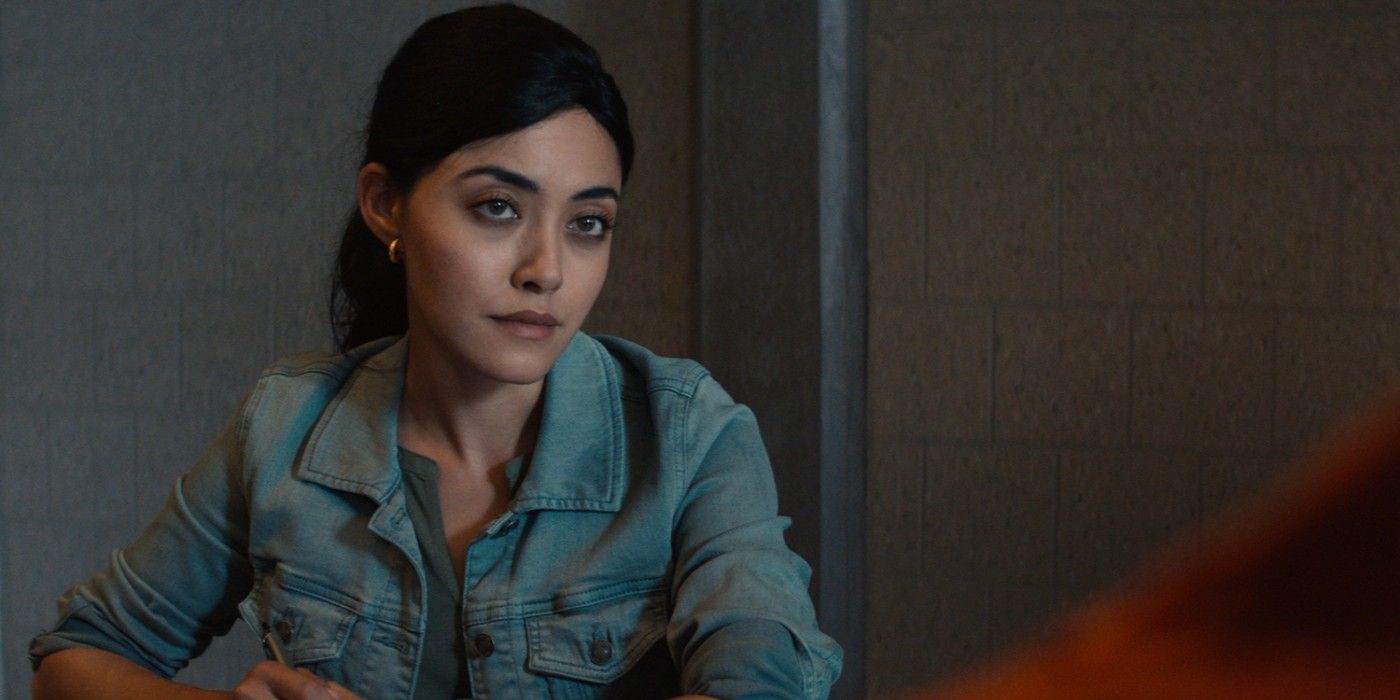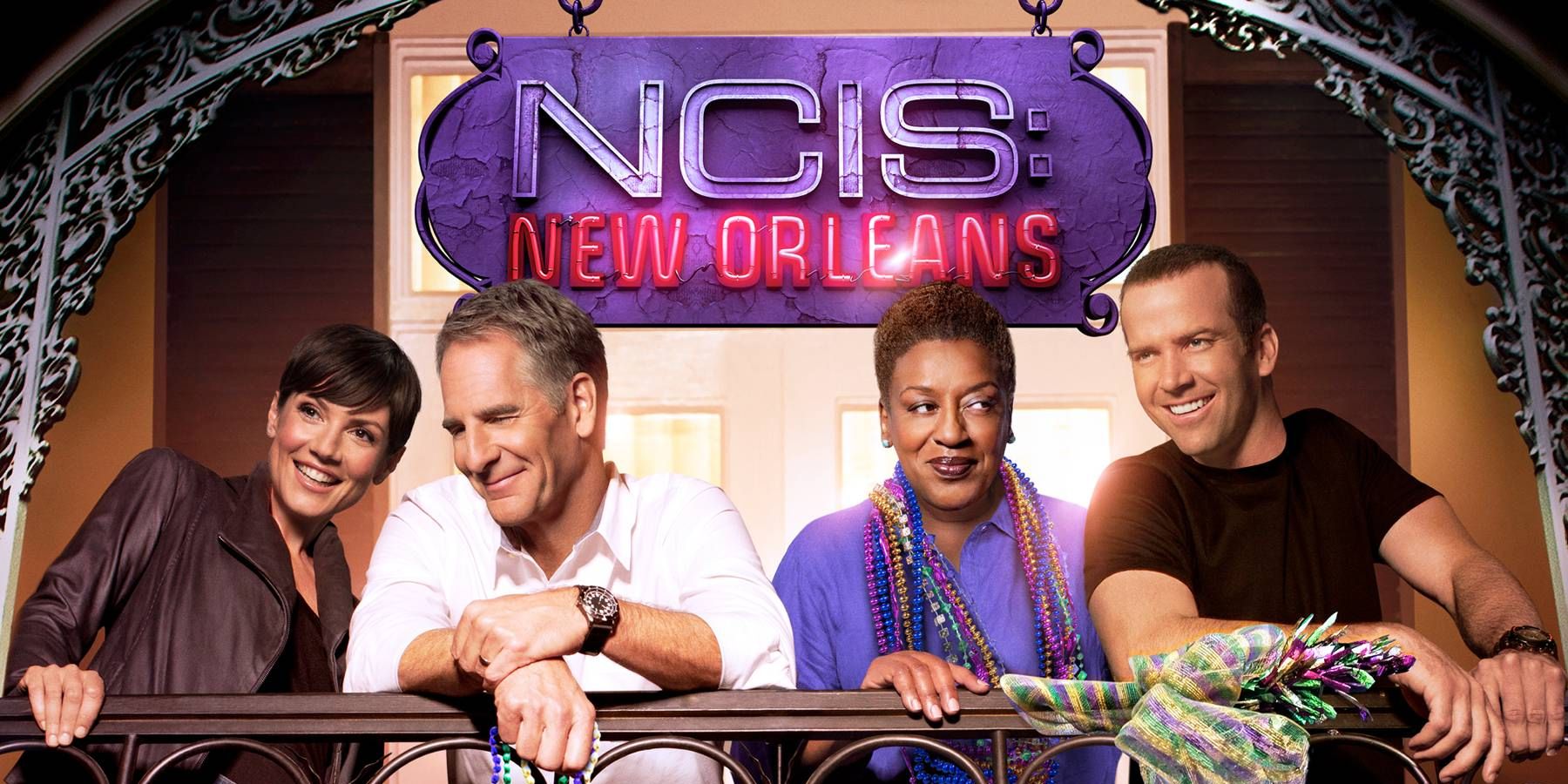NCIS: Hawai’i’s Cancellation Is A Massive Loss For One Important Aspect Of The Franchise
The cancelation of NCIS: Hawai’i is a massive loss for one important aspect of the NCIS franchise. The island-themed NCIS spinoff was on air for just three seasons, a short lifespan within a franchise that regularly launches spinoffs that last at least twice that long. While the decision leaves NCIS: Hawai’i characters like Jane Tennant with unfinished storylines, it is also a disappointing development for the franchise’s commitment to diversity.
NCIS: Hawai’i first aired on CBS in 2021, and it was the fourth spinoff in the NCIS franchise. Now that NCIS: Hawai’i is officially canceled and will not return for a fourth season, it’s the third spinoff to be canceled, joining NCIS: Los Angeles and NCIS: New Orleans in the list of spinoffs from the flagship NCIS that didn’t survive as long as the original. However, while these cancelations were disappointing, NCIS: Hawai’i has refreshing qualities that make its departure significantly worse.
NCIS: Hawai’i Was Great For LGBTQ+ Representation On TV

NCIS: Hawai’i was great for LGBTQ+ representation on primetime television, and now that it’s off the air, the absence of the spinoff will be a loss for the entire medium (not just the NCIS franchise). The spinoff featured a lesbian relationship between characters FBI Special Agent Kate Whistler (Tori Anderson) and NCIS Junior Agent Lucy Tara (Yasmine Al-Bustami), and the relationship wasn’t just an afterthought for the franchise. The two women have been in a healthy, loving relationship since the series started, with the relationship prominently featured in the pilot episode.
The partnership was filled with moments that were tender and honest, adding depth to the LGBTQ+ experience typically seen in the media.
Unlike many representations of lesbian couples in the media, the relationship between Kate and Lucy (referred to as “Kacy”) was portrayed as genuine and non-sexualized. It was positively received within the LBGTQ+ community and accepted as an accurate representation of a lesbian relationship. The partnership was filled with moments that were tender and honest, adding depth to the LGBTQ+ experience typically seen in the media. It was a message that a relationship between two female federal agents warranted the same screentime as any other NCIS relationship before it.
Why NCIS: Hawai’i’s LGBTQ+ Representation Was So Important For The Entire NCIS Franchise

The LGBTQ+ representation in the NCIS: Hawai’i spinoff was crucial for the entire NCIS franchise because, on the whole, the franchise lacks representation. Although the cast of the flagship NCIS series has diversified over the years, it still lacks a representation of a healthy LGBTQ+ relationship or character. With the cancelation of NCIS: Hawai’i and potentially a new spot opening up on the flagship MCRT now that Jessica Knight (Katrina Law) will depart the team, the series should seriously consider filling Law’s position with an LGBTQ+ character.
NCIS: Hawai’i isn’t the only time the NCIS franchise decided to include positive representation of LGBTQ+ individuals, but it’s the only time it’s been at its center. NCIS: New Orleans also featured an inclusive relationship between NCIS Special Agent Tammy Gregorio (Vanessa Ferlito) and Assistant U.S. Attorney Hannah Lee (Meghan Ory). That said, the relationship was exceptionally short-lived, with Hannah appearing only once, in NCIS: New Orleans season 3, episode 9, “Overdrive.” The relationship between Kate and Lucy was a mainstay of NCIS: Hawai’i, not just a storyline, and it was one of the elements that made NCIS: Hawai’i exceptional.

Featuring LGBTQ+ characters in a massive franchise like NCIS is a great way to bring diverse narratives to primetime television. This representation on primetime TV is important because the media helps shape perception, and positive portrayals of diversity can tell or retell stories about elements of culture that haven’t been wholly represented before. The relationship between Lucy and Kate expanded the narrative for the LGBTQ+ community of what a loving lesbian relationship actually looks like (on and off the air). The lack of this representation moving forward is a massive loss for the NCIS franchise.








